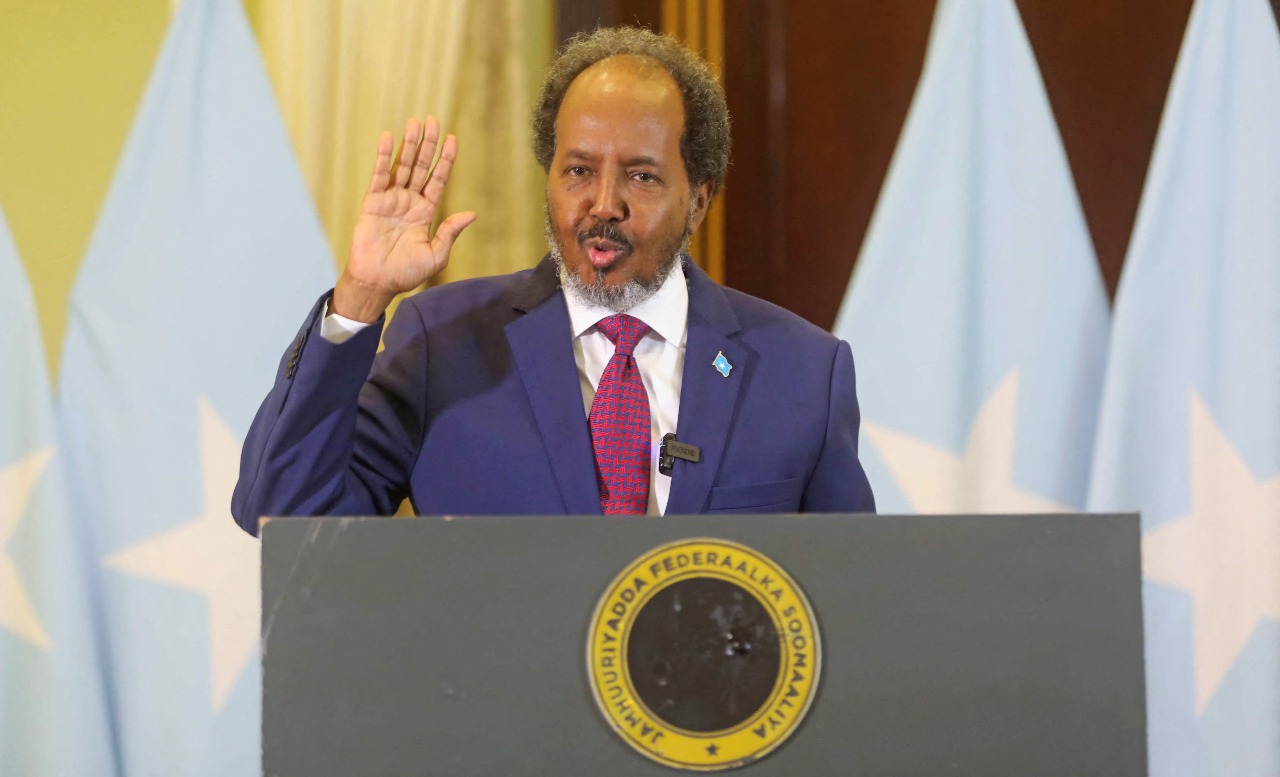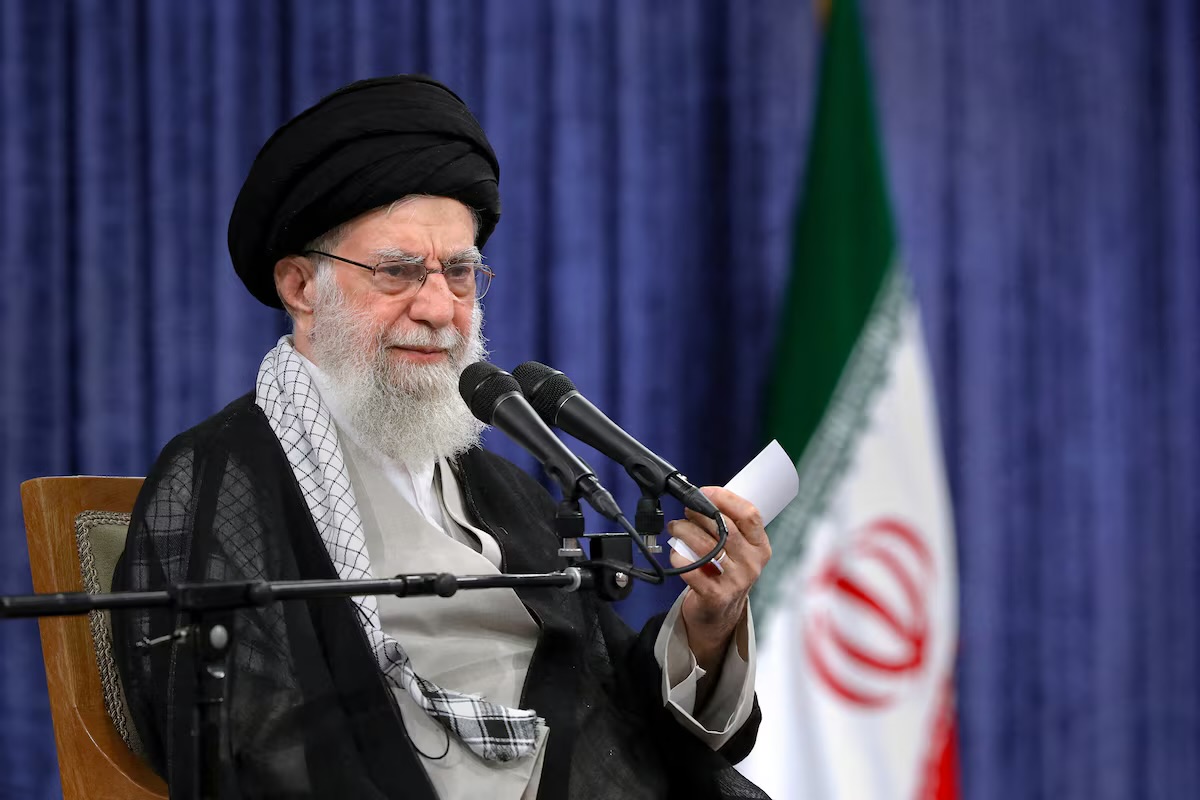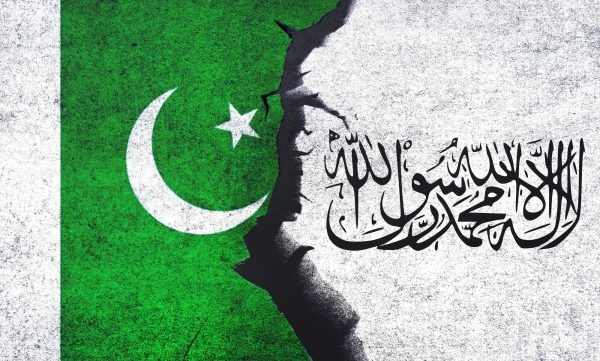Mogadishu, Somalia: In a bold but puzzling move, Somalia’s government has reportedly offered the US “exclusive operational control” over key ports and airbases along the Gulf of Aden, despite not actually governing the territories where these facilities are located. The offer, detailed in a March 16 letter from President Hassan Sheikh Mohamud to then-US President Donald Trump, appears aimed at countering potential US recognition of breakaway regions like Somaliland and Puntland.
What’s Being Offered—And Who Really Controls It?
The proposed assets include:
1. Berbera port and airbase (located in Somaliland, which has operated as a de facto independent state since 1991).
2. Bosaso port and airbase (in Puntland, which cut ties with Mogadishu last year over political disputes).
Neither region acknowledges Mogadishu’s authority, raising questions about how Somalia can “offer” what it doesn’t administer.
Why Now? A Bid to Block Somaliland’s Recognition
The offer comes amid growing signs that the US—particularly under a potential second Trump administration, could reconsider its stance on Somaliland. Key reasons for US interest include:
1. Countering Houthi threats (Berbera is strategically positioned to monitor Red Sea and Gulf of Aden security).
2. Checking Chinese influence in the Horn of Africa.
3. Long-term intelligence operations against militant groups.
Somaliland has actively courted Washington, even offering port access in exchange for recognition. Meanwhile, Puntland’s Bosaso has been a hub for counterterrorism efforts against ISIS-linked factions.
Skepticism and Pushback
Experts and regional leaders dismiss Mogadishu’s move as a desperate gambit:
1. Who are they to offer that access?” asked Cameron Hudson of CSIS, noting Somalia lacks control over these sites.
2. Puntland officials called the letter “a desperate attempt” to claim influence beyond Mogadishu’s reach.
3. Somaliland’s former envoy to the UAE suggested the US might prioritize “strategic interests and on-the-ground realities” over legacy policies favoring Somalia’s unity.
Broader Implications
If the US shifts its approach, it could:
1. Destabilize Somalia’s fragile government, already struggling with insurgencies.
2. Reward breakaway regions, encouraging further fragmentation.
3. Alter regional alliances, with the UAE (a DP World operator in Berbera) and Ethiopia playing key roles.
The Big Question: Is Somalia’s offer a strategic play or an admission of its weakening grip? And will the US take the bait, or side with the territories that actually hold the ports?
(Sources: Semafor, regional analysts, government statements)





